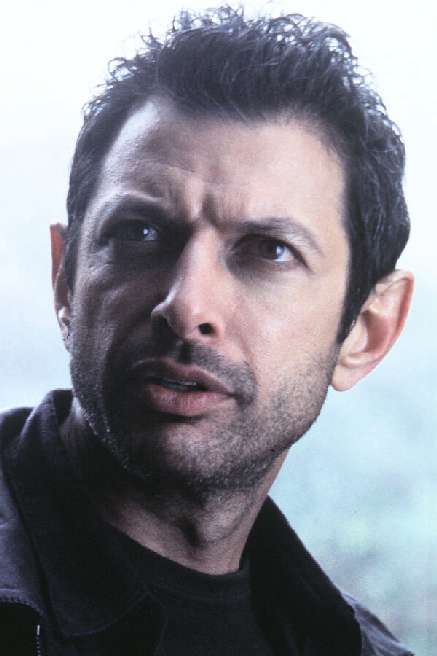OK I'll try to dumb it down a shade but if you don't have an intermediate vocabulary, I hardly think you are prepared to engage in a discussion about universal theories.
This is as simple as it gets. The term chaos, as used in classical chaos theory means: any given input in a system will have a completely random output. For example, the game 'plinko' on Price is Right. A chaos theorist would say that if you put the chip in a certain slot at the top, the prize you'd win at the bottom is completly unpredictable and random because subsequent chips placed in the same slot don't always wind up in the same prize at the bottom and even if it does, it could take a completely different path to get there. Faced with the apparent randomness and complexity, a chaos theorist simply gives up and chalks it all up to 'chaos' and goes and gets stoned.
Actually, my Plinko example is excellent because each pin on the Plinko board would represent an 'event' in real life. These events could be choices made or actions taken by 3rd parties that change the course of the chip by a little or alot. Combined with the starting point of the chip and gravity and many other things (even altitude and barometric pressure), the parameters guiding the chip's travel begin to take shape. Enter the mathmetician (or any logical person for that matter). They would say that the chip's travel is guided entirely by physical forces, some of these forces we cant even completly understand or explain and some we may not even know about yet but they are there, guiding the chip. By taking precise measurements and running multiple tests, the mathmetician could predict with reasonable accuracy where the chip would wind up. Discrepancies in the result are explained by unknown forces that have yet to be identified, negligable forces that were left out on purpose like lunar gravity acting on the chip and negligable forces that are undefined or unknown (butterflies in Tahiti flapping their wings) and so forth.
But what about the future? you dont get to run tests like the mathematician you might say. This is true. However, physical laws cannot change. the laws that governed us in the past will govern us in the future, in the physical dimension we are in right now anyways. While it may be impossible to calculate future events, physical laws still govern the outcome. It is not just happenstance, like chaos theory asserts.
To summarize, chaos theory states that everything is random, and this is confirmed by casual observation. Physists know however that the world is governed by physical laws and this is confirmed by tests and mathmatics that seem complimentary and have yet to be disproven. On a final note, I will add one more example. A physist would say '1+1=2'. A chaos theorist would say 'the outcome of 1+1 is impossible to determine and the answer could be any number'. That is far from being a sound theory. Like I said, it doesn't stand up to scrutiny. YOU are wrong.
----------------------
'Dude, check out this nasty gouge.'
'Your mom has a nasty gouge.'
'221 is fucking hilarious'
~221



















